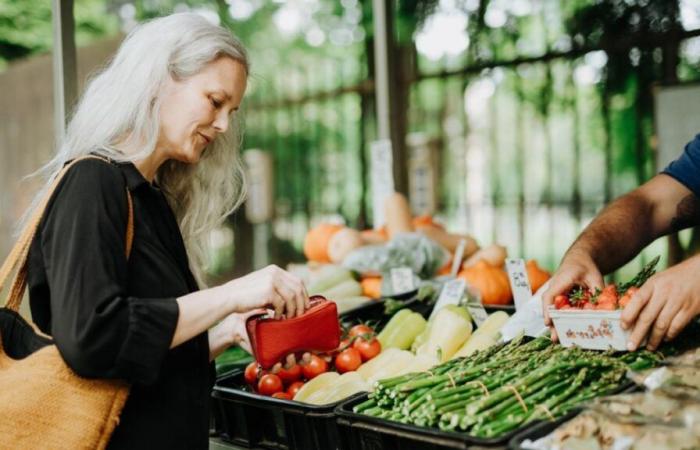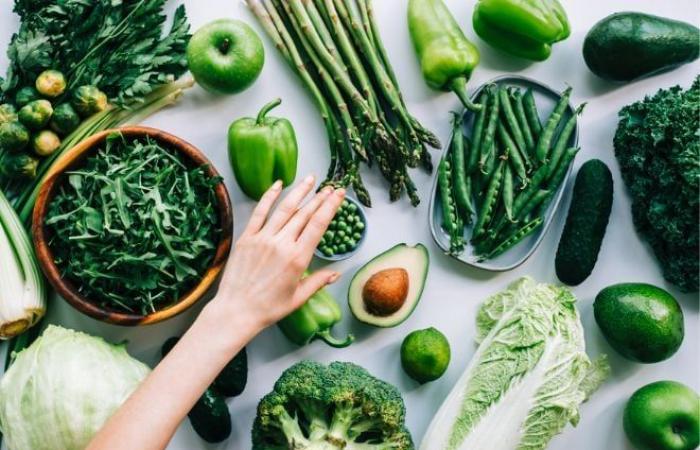How to avoid the risk of cancer? According to a cancer specialist, here are the foods to favor.
It’s no longer a secret: eating well and adopting a healthy and balanced diet can greatly reduce the risk of cancer. Overall, it is advisable to avoid eating processed products that are too fatty or too sweet. Many vegetables are known for their antioxidant and anti-cancer properties.
Photo credit: iStock
According to the media Parade, which interviewed a cancer specialist, these foods are among the products to favor in your diet to limit the risks of cancer. Dr. Anaum Maqsood, a gastroenterology oncologist at Houston Methodist, emphasized the importance of consuming antioxidant foods:
“The antioxidants in vegetables protect against chronic inflammation, a risk factor for certain cancers.”
Foods rich in fiber and antioxidants
According to the specialist, the best way to take care of yourself is to opt for a diet rich in fiber:
“A diet rich in fiber, found in vegetables, fruits and whole grains, is essential for gut health, closely linked to immunity and cancer prevention.”
Photo credit: iStock
Among the “anti-cancer” vegetables to eat as often as possible, the doctor draws up a list: kale, broccoli, zucchini, Brussels sprouts, garlic, onion, leek, beetroot, spinach, avocado:
“These vegetables contain phytochemicals that slow the growth of cancer cells. They are also easy to incorporate into different meals.”
And if you are looking to give vegetables to your children, the expert reveals an effective tip: “I often hide zucchini in cookies or carrots in smoothies for the kids.” The goal? Make vegetables sexy, attractive, so that eating them becomes more of a reflex than a chore. Of course, in addition to adopting a balanced diet, it is advisable to engage in regular sporting activity and drink plenty of water. Note ?







